Discover the Majestic Beauty of Egyptian Mosques: A Journey Through the Sacred Architectural Gems
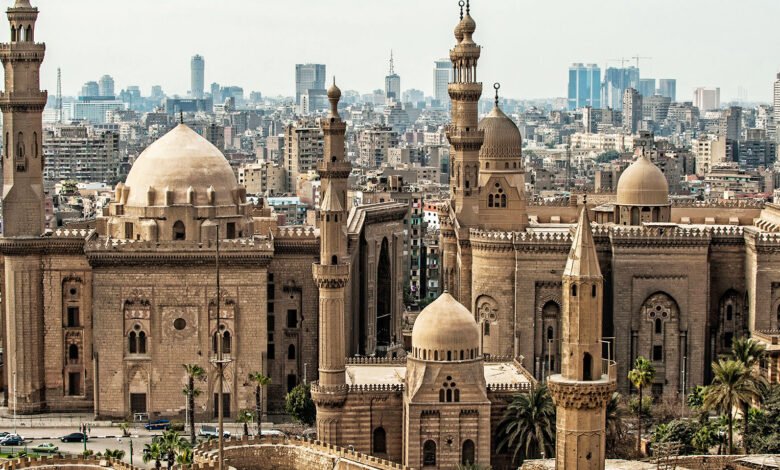
Discover the Majestic Beauty of Egyptian Mosques: A Journey Through the Sacred Architectural Gems
Egypt, a land of ancient wonders and rich cultural heritage, is home to some of the most breathtaking architectural masterpieces in the world – its mosques. These sacred places of worship not only serve as a spiritual sanctuary for Muslims but also stand as a testament to Egypt’s glorious past. Join me on a journey through the majestic beauty of Egyptian mosques and explore the intricate details and historical significance that make them truly awe-inspiring.
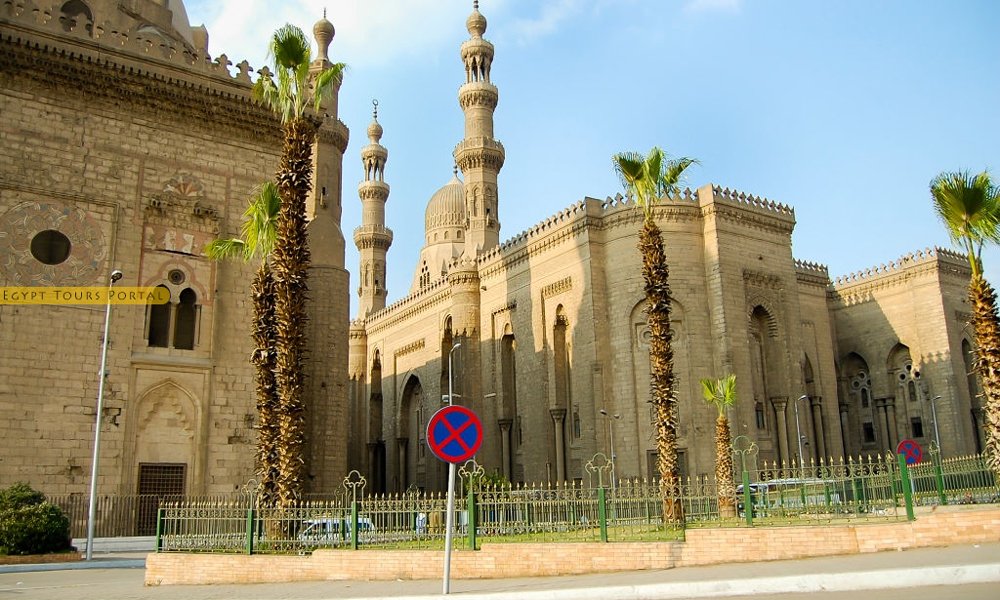
The significance of Egyptian mosques
Egyptian mosques hold great significance in the lives of Muslims, serving as a place of worship, education, and community gathering. They are not only a symbol of religious devotion but also play a vital role in preserving Islamic traditions and fostering a sense of unity among Muslims.
A brief history of mosque architecture in Egypt
The history of mosque architecture in Egypt dates back to the early Islamic era, with influences from various dynasties and architectural styles. The earliest mosques were simple in design, reflecting the modesty and humility of the early Muslim community. However, as Islam spread and Egypt became a center of power and culture, mosque architecture evolved and became more elaborate and ornate.
The iconic mosques of Cairo
Cairo, the capital city of Egypt, is home to some of the most iconic mosques in the country. The Al-Azhar Mosque, founded in 970 AD, is one of the oldest universities in the world and a center of Islamic learning. Its stunning architecture, with its soaring minarets and intricate carvings, is a testament to the rich history and cultural heritage of Egypt.
Another notable mosque in Cairo is the Sultan Hassan Mosque, built in the 14th century. This architectural masterpiece is known for its vast courtyard, towering minarets, and exquisite decorations. It is a prime example of Mamluk architecture, which combined elements of Islamic, Persian, and Byzantine styles.
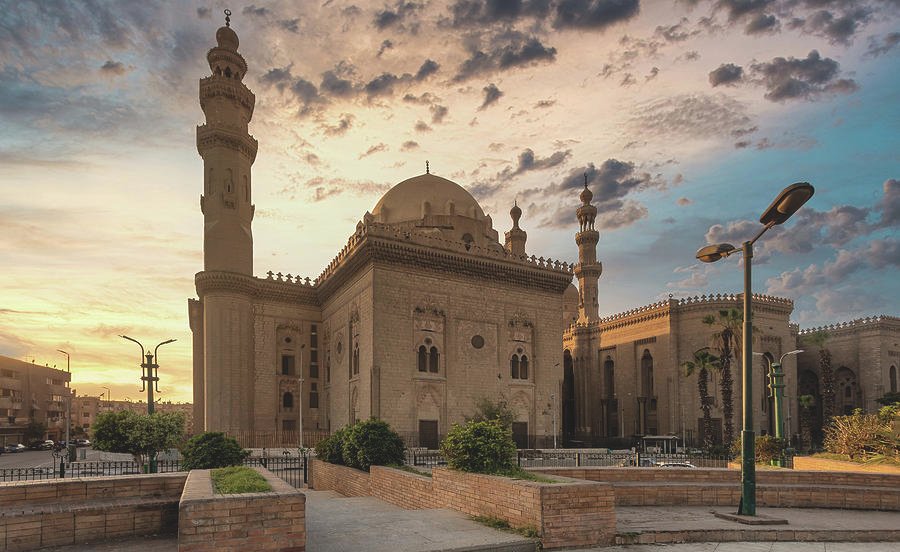
Exploring the architectural features of Egyptian mosques
Egyptian mosques are renowned for their unique architectural features that showcase a blend of various influences. The most prominent feature is the minaret, a tall tower from which the call to prayer is made. These minarets often feature intricate designs and patterns, adding to the visual appeal of the mosques.
The domes of Egyptian mosques are another striking feature. They are often adorned with beautiful geometric patterns and calligraphy, representing the celestial realm and the unity of God. The use of arches and columns in mosque architecture creates a sense of harmony and balance, while the inclusion of courtyards and fountains adds a touch of tranquility.
Also read about : Town Center Cairo…
Lesser-known mosques worth visiting in Egypt
While Cairo is home to many famous mosques, there are several lesser-known gems worth exploring. The Mosque of Ibn Tulun in Cairo is one such hidden treasure. Built in the 9th century, it is one of the oldest and largest mosques in Egypt. Its unique spiral minaret and spacious courtyard make it a must-visit for anyone interested in Egyptian mosque architecture.
In Alexandria, the Abu al-Abbas al-Mursi Mosque is a hidden gem that shouldn’t be missed. It is known for its stunning white facade and intricate interior decorations. The mosque overlooks the Mediterranean Sea, creating a serene and picturesque setting for prayer and contemplation.
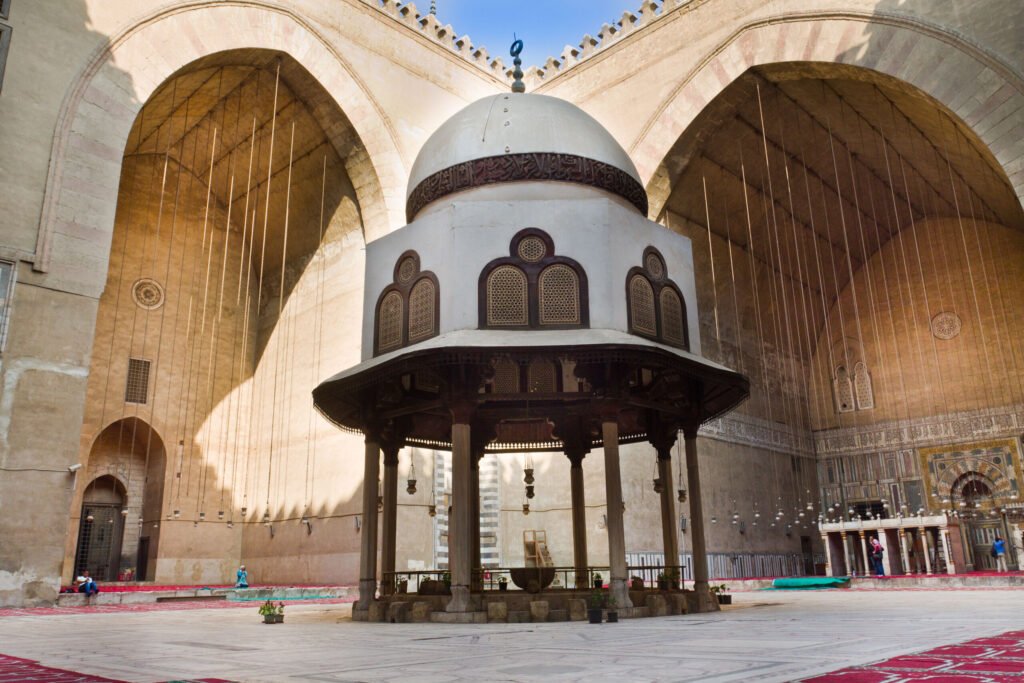
The spiritual experience of praying in an Egyptian mosque
Praying in an Egyptian mosque is a deeply spiritual and transformative experience. As you step inside the mosque, you are enveloped in a sense of peace and tranquility. The soft glow of the stained glass windows and the melodious recitation of the Quran create an atmosphere of serenity and devotion.
The act of prayer itself, whether performed individually or as part of a congregation, fosters a connection with the divine and strengthens the bonds of community. It is a time for reflection, repentance, and seeking spiritual guidance. The beauty and grandeur of the mosque’s architecture further enhance this spiritual experience, inspiring a sense of awe and reverence.
The cultural and artistic influences on Egyptian mosque design
Egyptian mosque design is a beautiful amalgamation of various cultural and artistic influences. From the intricate geometric patterns inspired by Islamic art to the delicate calligraphy adorning the walls, every aspect of mosque design reflects the rich cultural heritage of Egypt.
The influence of Persian and Byzantine architecture can be seen in the use of domes and arches, while the incorporation of local elements, such as the use of limestone and palm wood, adds a distinct Egyptian touch. The result is a harmonious blend of different styles that is uniquely Egyptian.
Read More : The Crocodile Museum is the largest museum in the world for a single animal
Preservation efforts for Egyptian mosques
Preserving the architectural heritage of Egyptian mosques is of utmost importance. These sacred structures are not only a source of pride for the Egyptian people but also valuable historical and cultural artifacts. Efforts are being made to restore and maintain these mosques, ensuring that future generations can continue to appreciate their beauty and significance.
Government agencies, religious institutions, and cultural organizations are working together to protect and preserve Egyptian mosques. Restoration projects aim to maintain the original architectural features while using modern techniques to ensure structural integrity. These efforts ensure that the majestic beauty of Egyptian mosques can be enjoyed by generations to come.
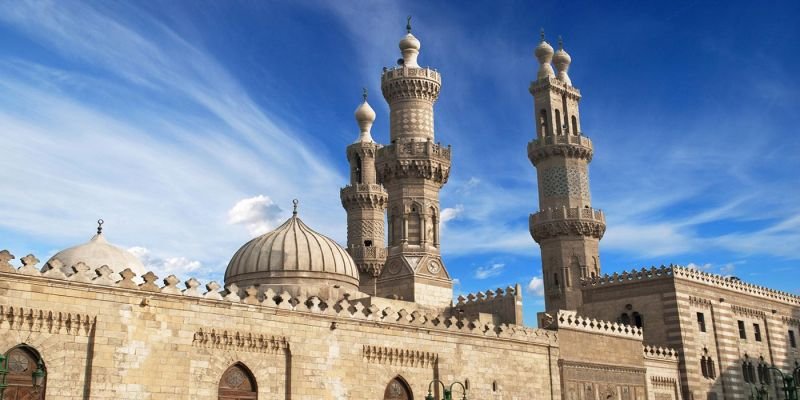
Tips for visiting Egyptian mosques
If you’re planning a visit to Egyptian mosques, here are a few tips to enhance your experience:
- Dress modestly: As mosques are places of worship, it is important to dress modestly out of respect for the religious customs. Women should cover their heads and wear loose-fitting clothing, while men should avoid shorts and sleeveless shirts.
- Remove your shoes: Before entering a mosque, you must remove your shoes as a sign of respect. It is advisable to wear socks for hygienic purposes.
- Follow the rules: Be mindful of the rules and regulations of the mosque. Avoid making loud noises, taking photographs without permission, or engaging in any behavior that may disrupt the serenity of the place.
- Seek knowledge: Take the opportunity to learn about the history and significance of the mosque you’re visiting. Guided tours or informational brochures can provide valuable insights into the architectural and cultural aspects of the mosque.
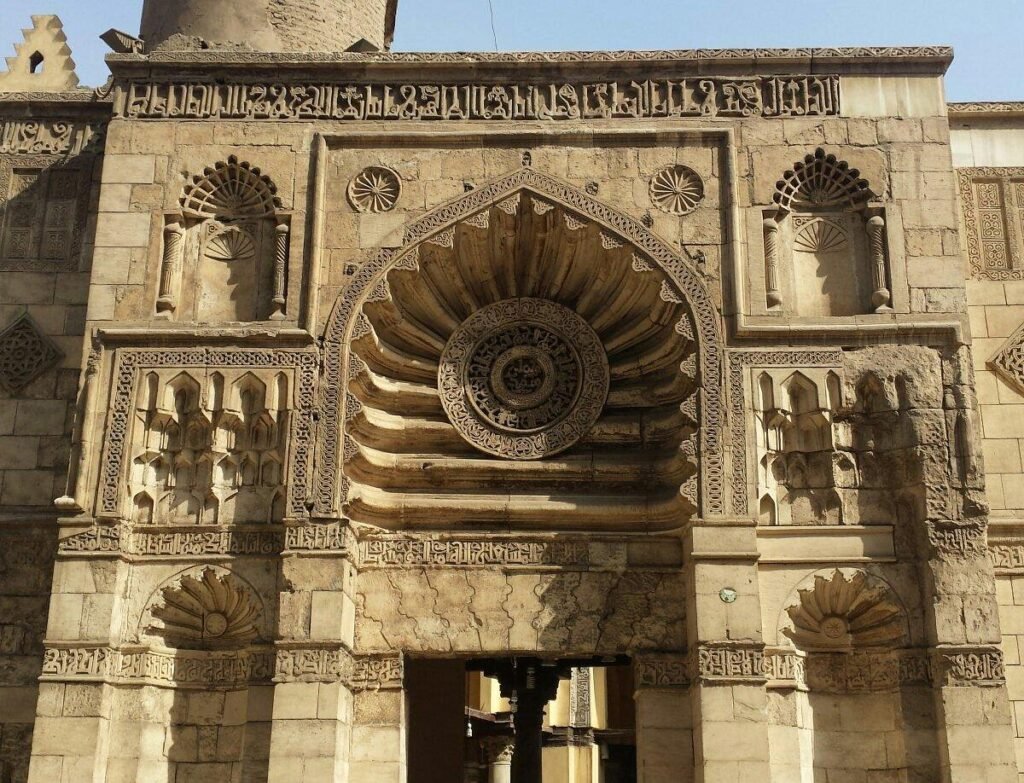
Conclusion: Celebrating the beauty and heritage of Egyptian mosques
Egyptian mosques are not just places of worship; they are architectural marvels that tell the story of a rich and diverse culture. From the grand mosques of Cairo to the hidden gems in lesser-known cities, each mosque is a testament to Egypt’s glorious past and enduring spiritual traditions. By visiting and appreciating these sacred spaces, we can celebrate the beauty and heritage of Egyptian mosques while gaining a deeper understanding of the Islamic faith and its cultural significance. So, embark on this journey through the sacred architectural gems of Egypt and discover the majestic beauty that awaits you.
Source : lovin
*The Al-Azhar Mosque
*The Sultan Hassan Mosque
*Abu al-Abbas al-Mursi
Read More :
- Thunderstruck 2 Casino Bonus Senza Deposito App
- Slot Casino Con Bonus Senza Deposito
- Gioca Book Of Demi Gods Ii Gratis Senza Scaricare
- Giochi Ca Casino
- Riches Of Ra Slots Free Spins No Deposit





